Indigenous Governance Database
colonialism
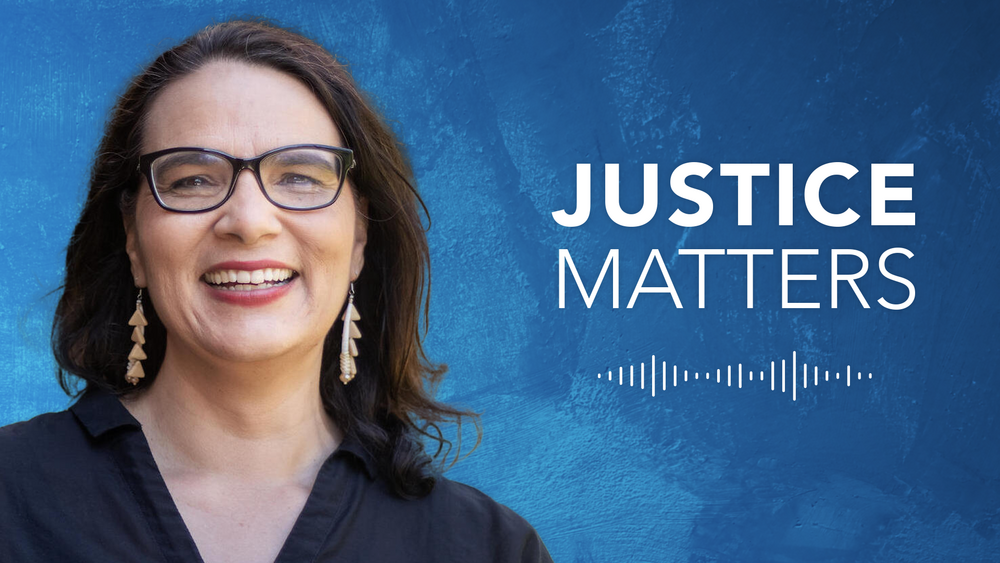
Justice Matters Podcast: (Re)Building Nations with Indigenous Governance | EP 79
On this episode of Justice Matters, co-host Mathias Risse speaks with Megan Minoka Hill, the Senior Director of the Project on Indigenous Governance and Development and the Director of the Honoring Nations program at the Harvard Kennedy School. The Project on Indigenous Governance and…
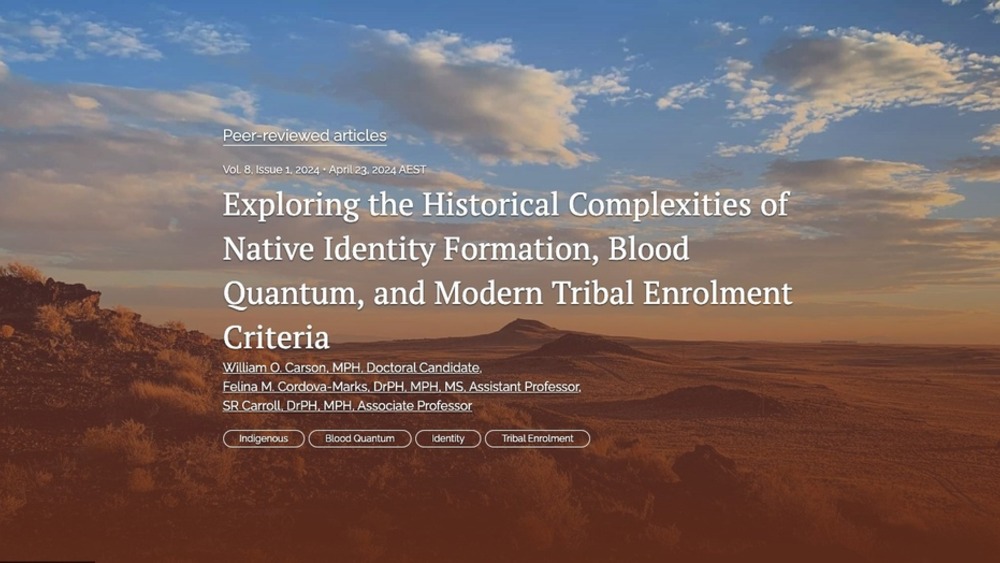
Exploring the Historical Complexities of Native Identity Formation, Blood Quantum, and Modern Tribal Enrolment Criteria
In the United States, blood quantum (BQ) based enrolment criteria find their roots in settler-colonial policies to erase, assimilate, and subjugate Indigenous Peoples and individuals. As a result, Native Nations throughout the United States continue to debate such practices. Current research on…
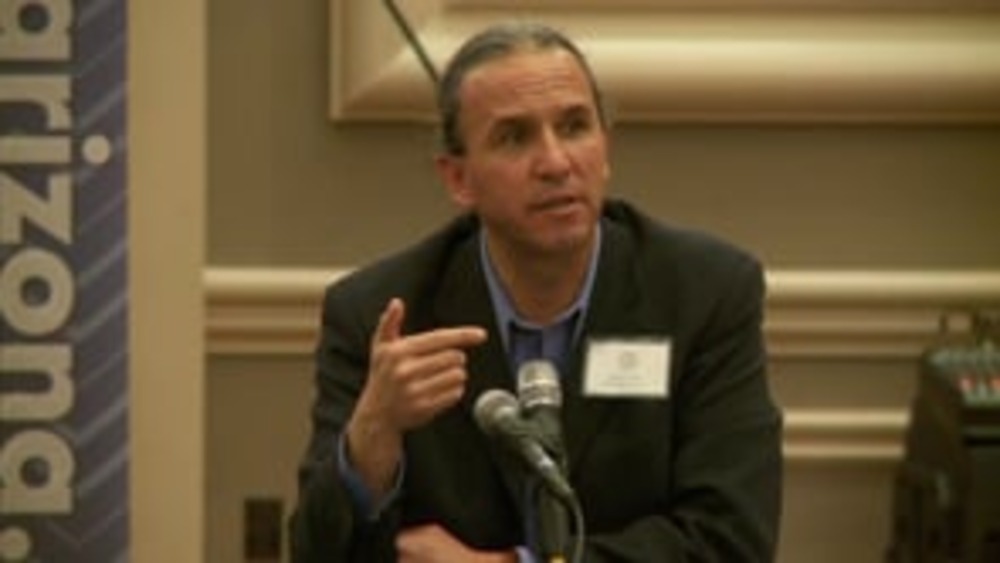
Terry Janis: Citizen Engagement and Constitutional Change at the White Earth Nation (Q&A)
Terry Janis, former Project Manager for the White Earth Constitution Reform Project, fields questions from the audience about his specific role in White Earth's constitutional reform process. He stresses the need for those engaging in constitutional reform to be cognizant of the fact that a process…
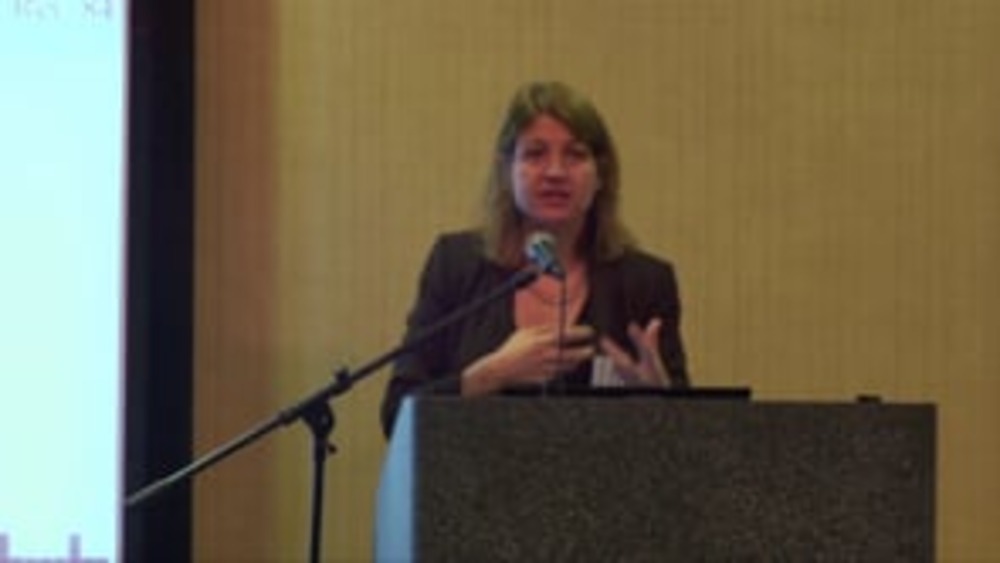
Bethany Berger: Citizenship: Culture, Language and Law
University of Connecticut Law Professor Bethany Berger provides a brief history of the federal policies that have negatively impacted the ways that Native nations define and enforce their criteria for citizenship historically through to the present day. This video resource is featured on the…
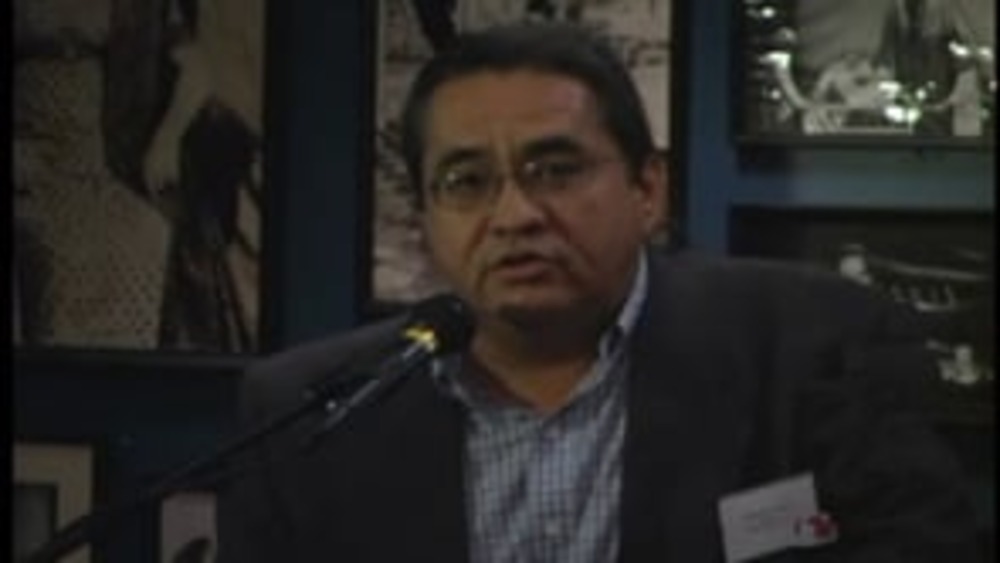
Honoring Nations: Manley Begay: Reflections on the Day
Harvard Project on American Development Co-Director Manley A. Begay, Jr. synthesizes the learning that took place during the first day of the 2004 Honoring Nations symposium, focusing on the nation-building success stories chronicled during the day as testaments to and reflections of…
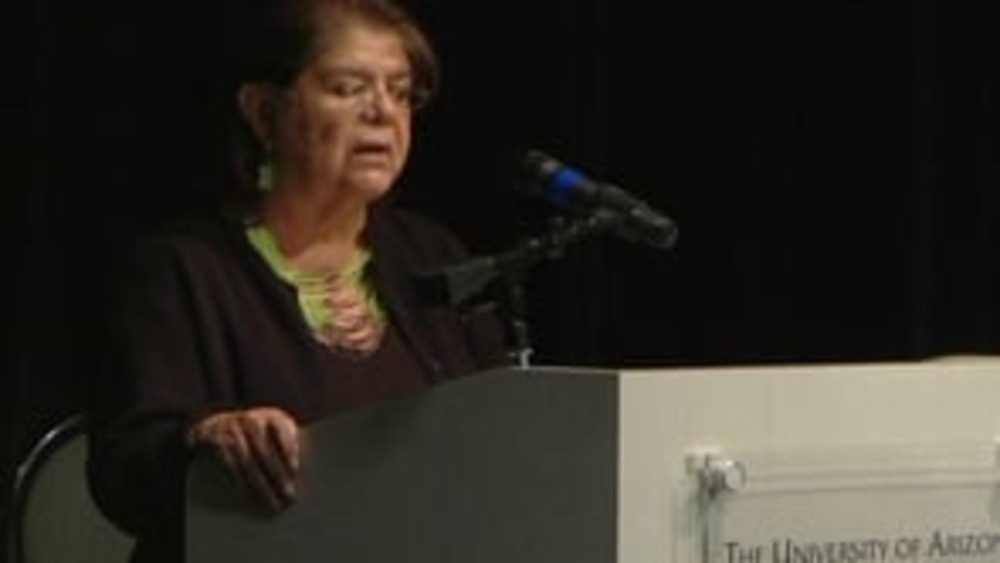
Wilma Mankiller: What it Means to be an Indigenous Person in the 21st Century: A Cherokee Woman's Perspective
Former Principal Chief of the Cherokee Nation Wilma Mankiller discusses the common misperceptions that people have about Indigenous people in the 21st century, and the efforts of Indigenous peoples to maintain their identity, cultures, values, and ways of life.
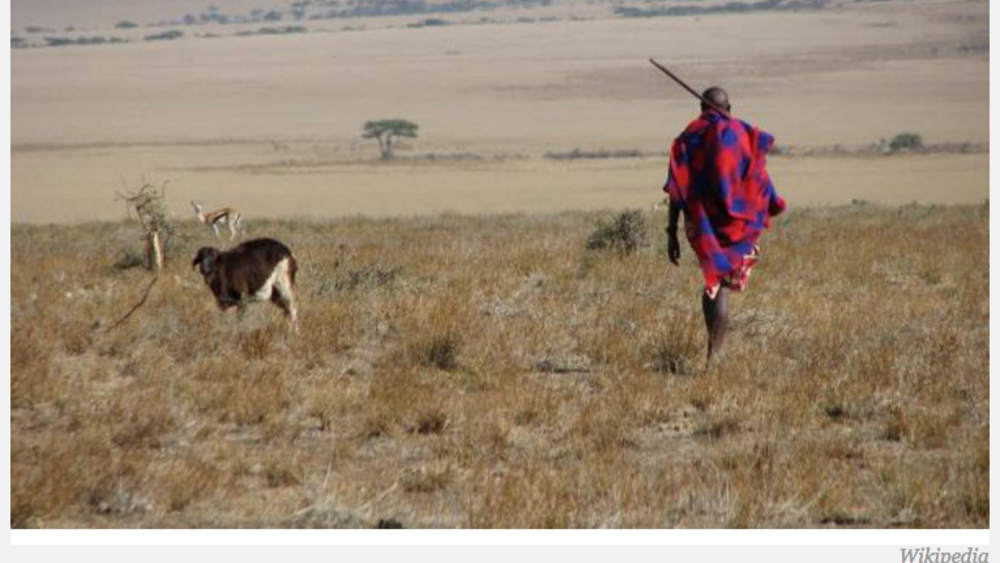
The Complex Relationships Between Nations States and Indigenous Nations
Contemporary indigenous nations are captured by a host nation state. The way in which the nation state legally, politically, and culturally defines and acts toward indigenous nations greatly affects the opportunities indigenous nations have for securing political autonomy, territory, and cultural…
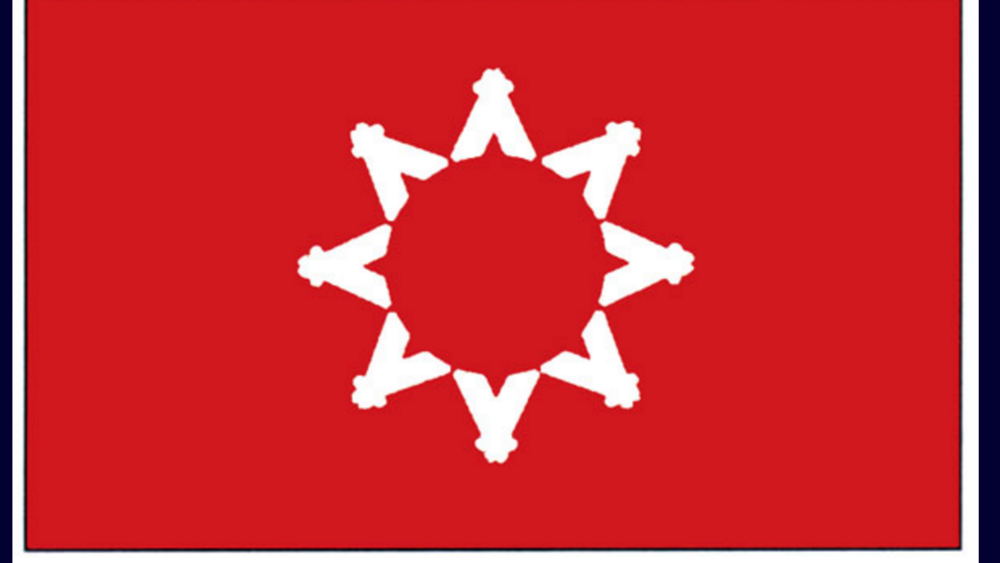
Teach youth about forms of government
Why aren’t the schools teaching about the IRA form of government? Why aren’t they teaching about the traditional tiospaye form of government? The disenchantment and what appears to be apathy or even seditiousness toward the Indian Reorganization Act system of government have become “normal” among…

Indian Self-Determination and Sovereignty
If ever a concept grabbed hold of hearts and minds in Indian country in the past couple decades surely it would be that of sovereignty. Native people talk about it with reverence, demanding that it be respected by the federal government, and expect their tribal governments to assert it. Even the…
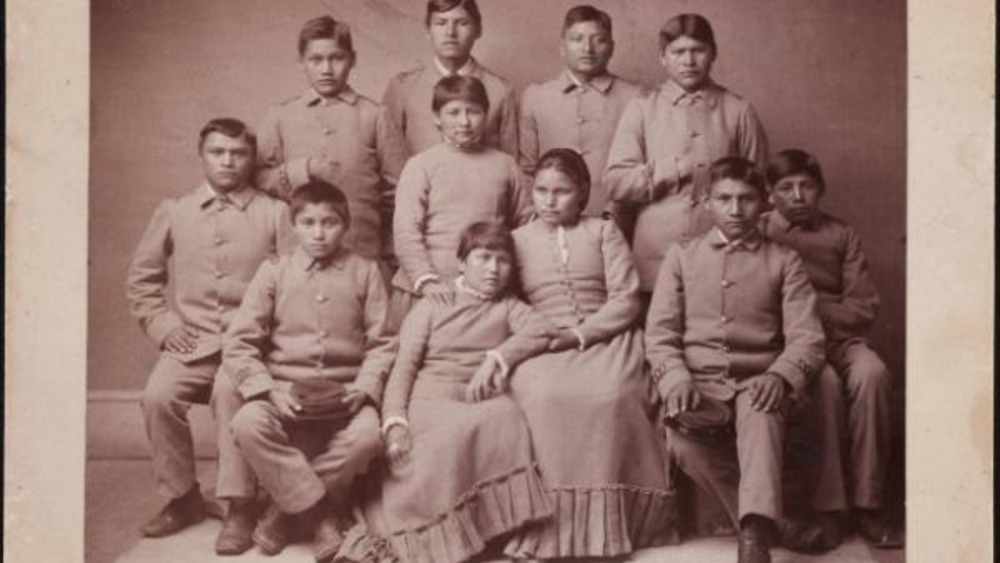
Indian Identity, Choice and Change: What Do You Choose?
Indigenous individuals and nations are faced with choices about identity, change and cultural continuity. The choices are not just mere faddish expressions but are deep decisions about culture, community, philosophy and personal and national futures. Many indigenous communities are divided over…
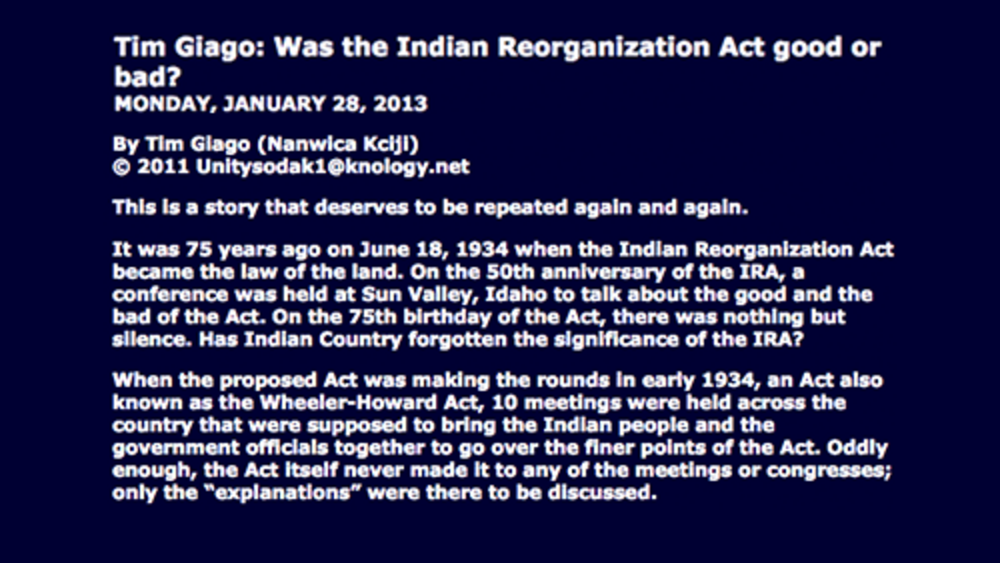
Tim Giago: Was the Indian Reorganization Act good or bad?
It was 75 years ago on June 18, 1934 when the Indian Reorganization Act became the law of the land. On the 50th anniversary of the IRA, a conference was held at Sun Valley, Idaho to talk about the good and the bad of the Act. On the 75th birthday of the Act, there was nothing but silence. Has…
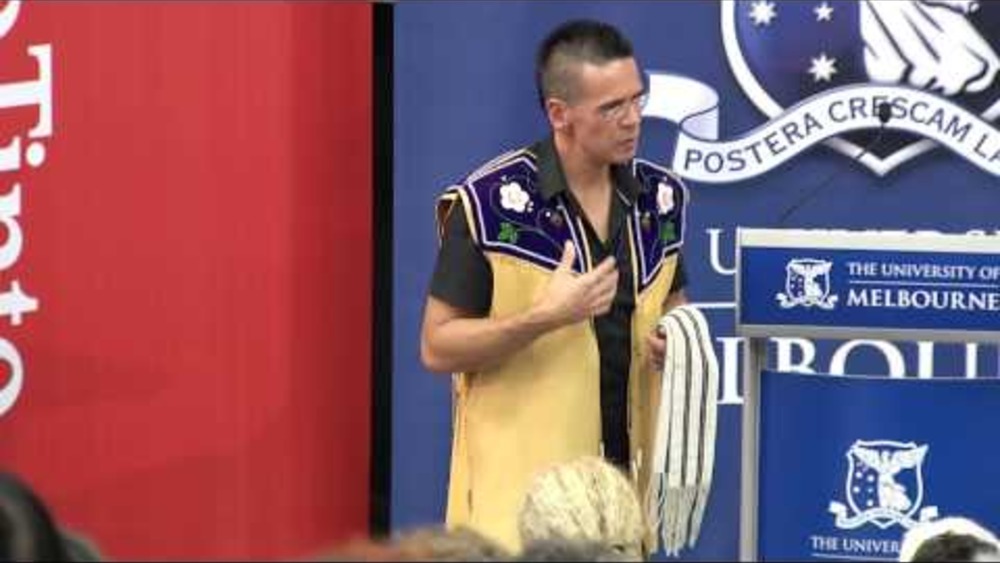
The 2013 Narrm Oration: Taiaiake Alfred
The 2013 Narrm Oration, "Being and becoming Indigenous: Resurgence against contemporary colonialism", was delivered by Professor Taiaiake Alfred on 28 November. Professor Alfred is the founding Director of the Indigenous Governance Program at the University of Victoria in British Columbia, Canada…
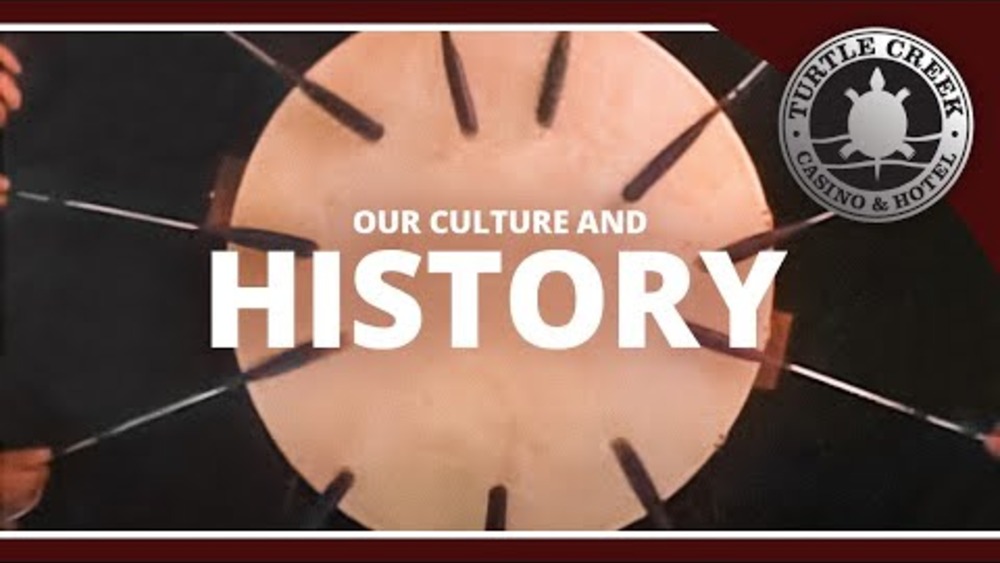
The Grand Traverse Band of Ottawa and Chippewa Indians
This video, produced by the Grand Traverse Band of Ottawa and Chippewa Indians, provides a brief overview of the nation's history, from its push to achieve federal recognition to its efforts to create a diversified, sustainable economy.
![Tribal Law as Indigenous Social Reality and Separate Consciousness: [Re]Incorporating Customs and Traditions into Tribal Law Tribal Law as Indigenous Social Reality and Separate Consciousness: [Re]Incorporating Customs and Traditions into Tribal Law](/sites/default/files/styles/resources/public/resources/Screen%2520Shot%25202016-10-11%2520at%25201.22.13%2520PM.png?itok=pvkjKhR1)
Tribal Law as Indigenous Social Reality and Separate Consciousness: [Re]Incorporating Customs and Traditions into Tribal Law
At some point in my legal career, I recall becoming increasingly uncomfortable with the inconsistencies between the values in the written law of various indigenous nations and the values I knew were embedded in indigenous societies themselves. The two are not entirely in harmony, and in fact, in…
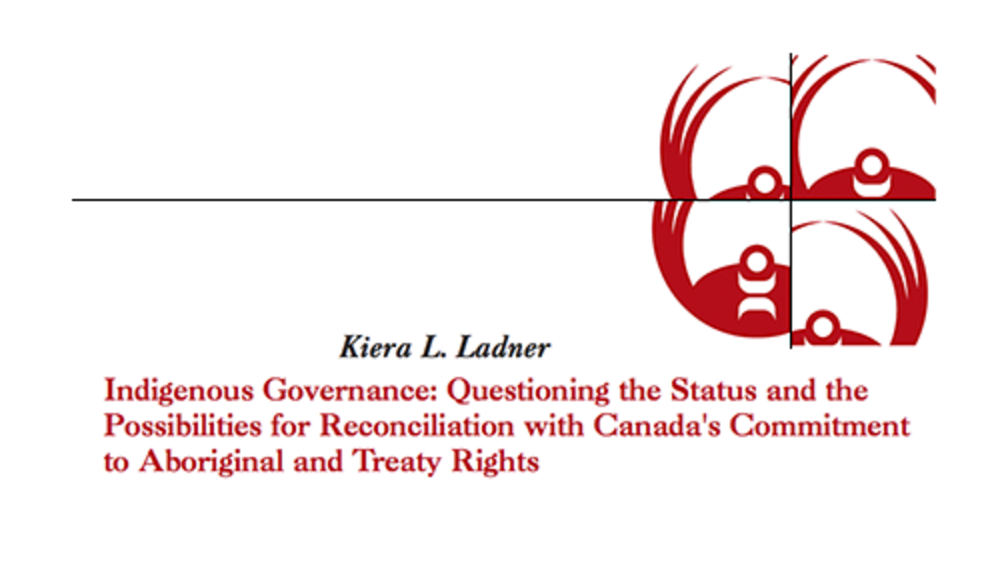
Indigenous Governance: Questioning the Status and the Possibilities for Reconciliation with Canada's Commitment to Aboriginal and Treaty Rights
Indigenous peoples have always had governance. This fact has been a matter of great debate among Canadian politicians and scholars for many years, but there is little doubt that Indigenous Nations had developed for themselves complex systems of government prior to colonization. The…
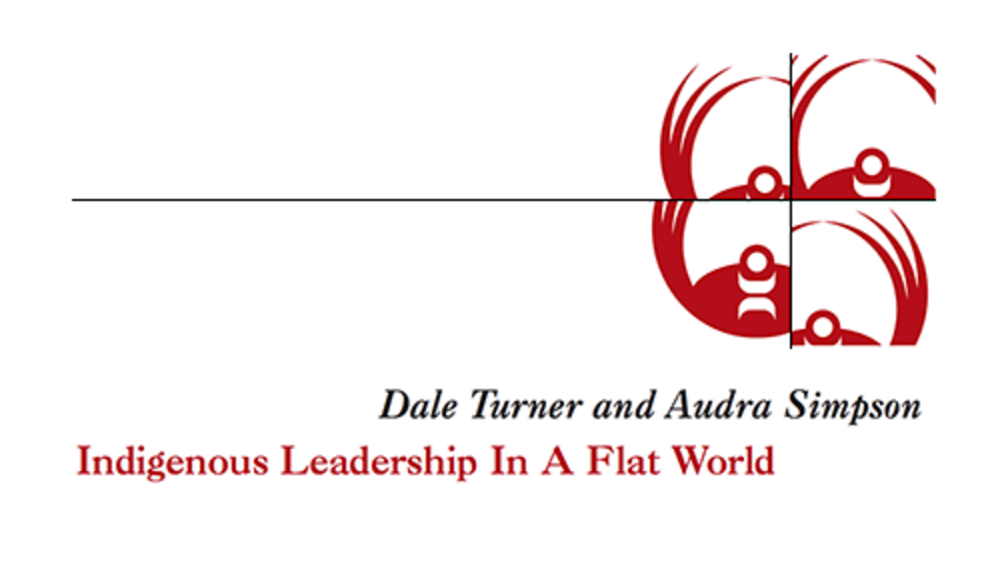
Indigenous Leadership in a Flat World
The world is flat, so we are now told. In his recent book The World is Flat: A Brief History of the Twenty-First Century, Thomas Friedman argues that since the beginning of the Twentieth century globalization has evolved at an astronomically fast rate. As a result, the world is now…
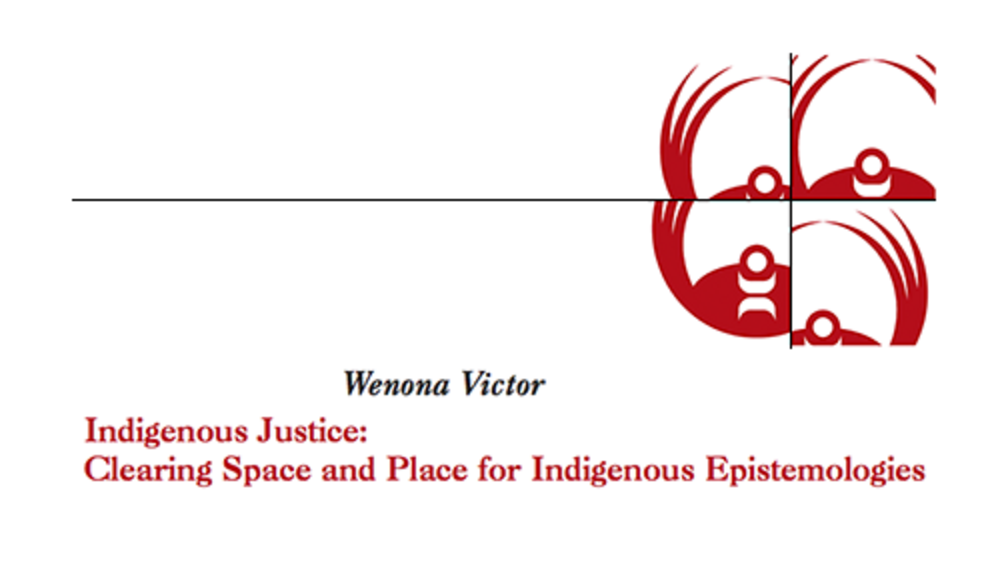
Indigenous Justice: Clearing Space and Place for Indigenous Epistemologies
The realization of Self Determination for Indigenous Peoples is an exhilarating and fascinating movement that encourages human perseverance and an unfaltering belief in human potential and responsibility. It is a multi-dimensional movement that acknowledges and accepts human flaws…
